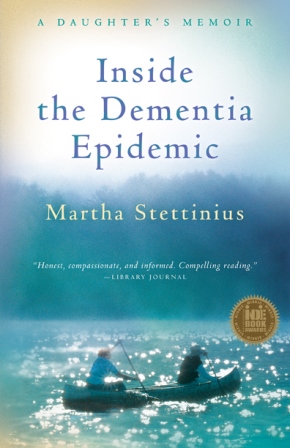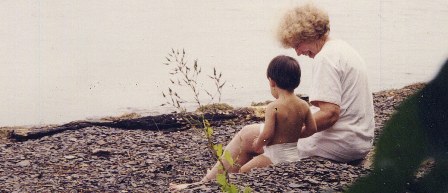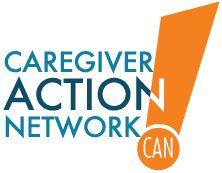Fear of Dementia Leads Some to Ponder Severe Advance Directives
 Tuesday, January 20, 2015 at 10:57PM
Tuesday, January 20, 2015 at 10:57PM  Spoon-feeding Mom blueberry pie in her nursing homeWould my mother, Judy, who died two years ago with advanced dementia, have wanted me to deny her food and liquid when she reached a certain stage of dementia? Would she have thought that her life was no longer worth living? Paula Span of the New York Times' New Old Age blog today explores the idea that people who fear developing Alzheimer's disease or another dementia should be able to create advance directives for when they are no longer able to make decisions for themselves--directives that would instruct their caregivers to withhold food and water when the person reaches a certain level of disability--say, when they no longer recognize their loved ones, or they cannot feed themselves.
Spoon-feeding Mom blueberry pie in her nursing homeWould my mother, Judy, who died two years ago with advanced dementia, have wanted me to deny her food and liquid when she reached a certain stage of dementia? Would she have thought that her life was no longer worth living? Paula Span of the New York Times' New Old Age blog today explores the idea that people who fear developing Alzheimer's disease or another dementia should be able to create advance directives for when they are no longer able to make decisions for themselves--directives that would instruct their caregivers to withhold food and water when the person reaches a certain level of disability--say, when they no longer recognize their loved ones, or they cannot feed themselves.
The last two years of my mother's life, I wasn't sure she knew I was her daughter. She could not speak more than an occasional "yes" or "no." She could not walk, or feed herself. She wore Depends. But her smile was stunning; she loved people. And I could tell that she loved me. She seemed to know that I was someone very special to her. If my mother had written an advance directive about withholding nourishment when her quality of life declined to a certain level, how could I have honored her wishes? Quality of life is slippery. What would never suffice one day, one year, is more than enough the next. And even a person living with advanced dementia is still "in there" sometimes, in some moments. A person with dementia can still enjoy simple pleasures--and even share affection with loved ones. Yes, they are no longer the competent person they once were, but does that mean they would really want to leave the earth, to be denied sustenance?
In some ways it's cruel to ask a loved one to decide when and if you would want nourishment withheld. All we can do is look in your eyes and hold your hand. And if you are hungry, feed you.
I would be interested to learn in the future if anyone of sound mind succeeds in ending their life on their own terms once they develop advanced dementia. If one can die well by getting one's nourishment withheld, and it does not traumatize one's loved ones, I'm all for it. Certainly no one wants to be bed-ridden and catatonic in the very last stage of Alzheimer's disease. But the danger, I believe, is that people overlook the fact that people in earlier stages of dementia--even when one cannot speak or feed oneself--are very much alive and capable of enjoying the moment.
I encourage you to read this thought-provoking article in the Times: Complexities of Choosing an End Game for Dementia.


















Reader Comments